
Underground Climate Change Is Weakening Buildings in Slow Motion
Hotspots beneath cities deform the ground, causing important infrastructure to crack under stress
Allison Parshall is an associate news editor at Scientific American who often covers biology, health, technology and physics. She edits the magazine's Contributors column and has previously edited the Advances section. As a multimedia journalist, Parshall contributes to Scientific American's podcast Science Quickly. Her work includes a three-part miniseries on music-making artificial intelligence. Her work has also appeared in Quanta Magazine and Inverse. Parshall graduated from New York University's Arthur L. Carter Journalism Institute with a master's degree in science, health and environmental reporting. She has a bachelor's degree in psychology from Georgetown University. Follow Parshall on X (formerly Twitter) @parshallison

Underground Climate Change Is Weakening Buildings in Slow Motion
Hotspots beneath cities deform the ground, causing important infrastructure to crack under stress
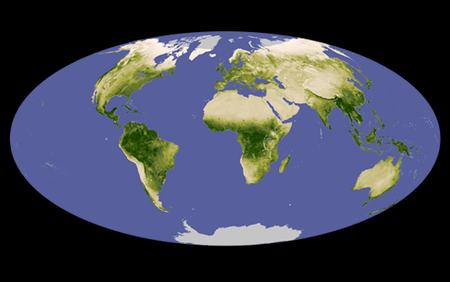
Science News Briefs from around the World: July/August 2023
Unlikely pollinators in Brazil, climate-resilient coffee in Uganda, credible cryptozoology down under, and more in this month’s Quick Hits
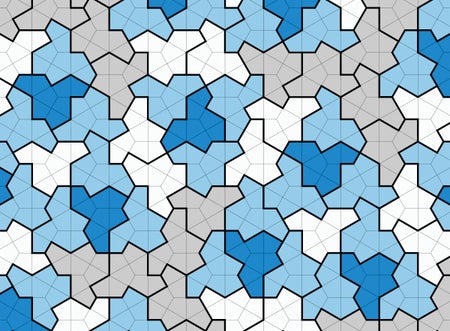
Discovery of Elusive ‘Einstein’ Tile Raises More Questions Than It Answers
A surprisingly simple answer to a mathematical puzzle intrigues the math world
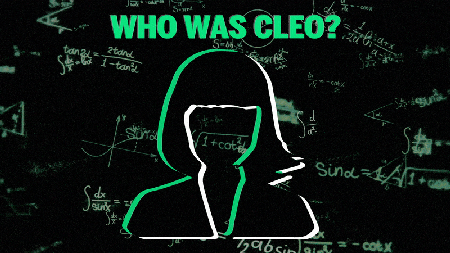
Cleo, the Mysterious Math Menace
In 2013 a new user named Cleo took an online math forum by storm with unproved answers. Today she’s an urban legend. But who was she?
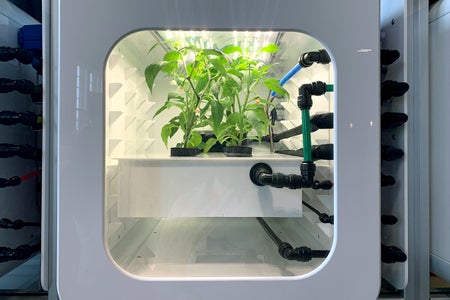
Space Farmers of the Future May Grow Fungi, Flies and Microgreens
Here’s how the winners of NASA’s Deep Space Food Challenge are making food out of thin air
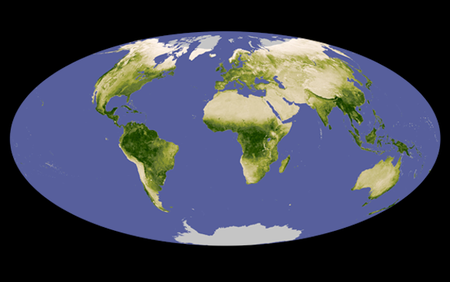
Science News Briefs from around the World: June 2023
Chernobyl’s adaptable canines, sewage sea spray in the U.S., hibernating germs on Everest, and much more in this month’s Quick Hits

This Tiny Fish Can Recognize Itself in Photos
A fish species recognizes its own face digitally edited onto another fish’s body. What does this mean for self-awareness?
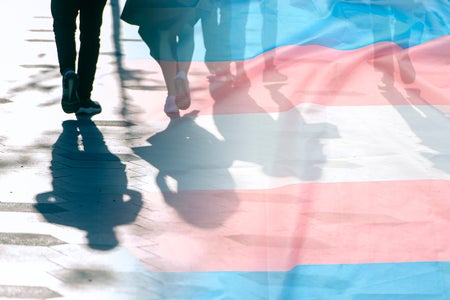
What Are Puberty Blockers, and How Do They Work?
Decades of data support the use and safety of puberty-pausing medications, which give transgender adolescents and their families time to weigh important medical decisions
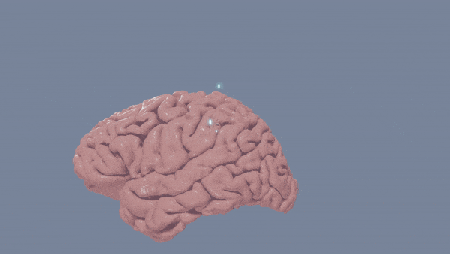
A Brain Scanner Combined with an AI Language Model Can Provide a Glimpse into Your Thoughts
New technology gleans the gist of stories a person hears while laying in a brain scanner
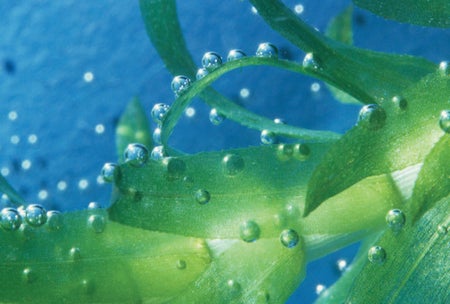
Plant Cell Parts Turn into Glass to Soak Up Sun
Chloroplasts’ choreography keeps plant cells powered
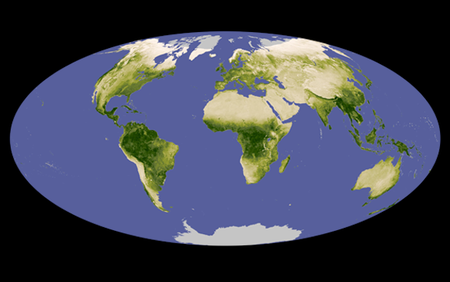
Science News Briefs from around the World: May 2023
Mistaken fossil identity in India, decrypted letters of an imprisoned Scottish queen, marsupials seeking marsupials Down Under, and more in this month’s Quick Hits

How This AI Image Won a Major Photography Competition
Boris Eldagsen submitted an artificial-intelligence-generated image to a photography contest as a “cheeky monkey” and sparked a debate about AI’s place in the art world
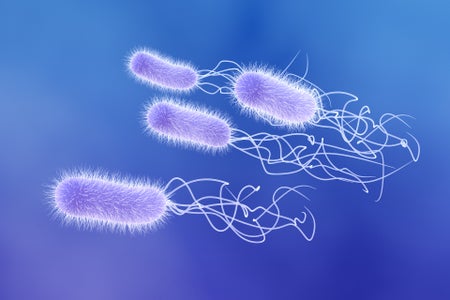
Deadly Bacteria in Eyedrops May Spread from Person to Person
Infections of a new strain of Pseudomonas aeruginosa that have led to blindness and death highlight the worsening antibiotic resistance crisis
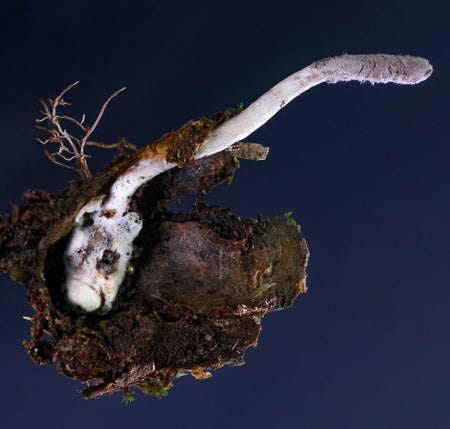
How Zombifying Fungi Became Master Manipulators
The real-life fungi that inspired TheLast of Us hijack the bodies of ants, wasps, cicadas, and more.
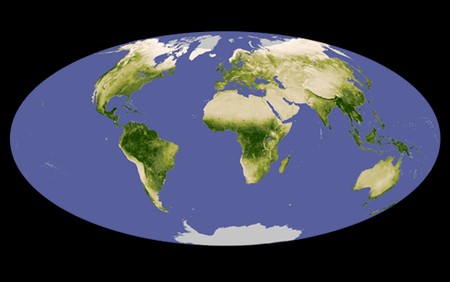
Science News Briefs from around the World: April 2023
Ancient Maya cities in laser focus, chickens gone wild in Singapore, high-tech drug research in the U.S., and much more in this month’s Quick Hits
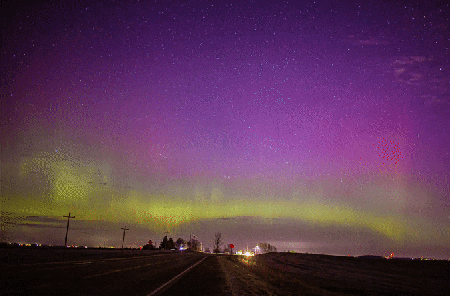
Northern Lights Dance across U.S. because of ‘Stealthy’ Sun Eruptions
A severe geomagnetic storm created auroras that were visible as far south as Arizona in the U.S.
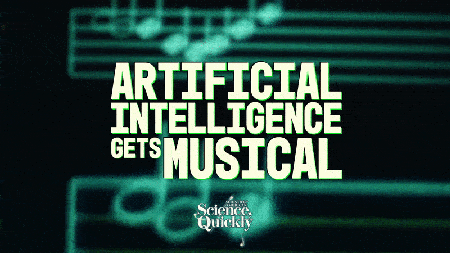
If AI Starts Making Music on Its Own, What Happens to Musicians?
Music made with artificial intelligence could upend the music industry. Here’s what that might look like.
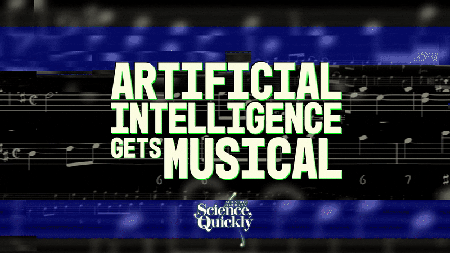
Music-Making Artificial Intelligence Is Getting Scary Good
Google’s new AI model can generate entirely new music from text prompts. Here’s what they sound like.
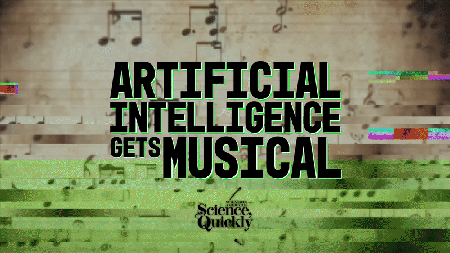
Artificial Intelligence Helped Make the Coolest Song You’ve Heard This Week
Machine-learning algorithms are getting so good that they can translate Western instruments into Thai ones with ease.
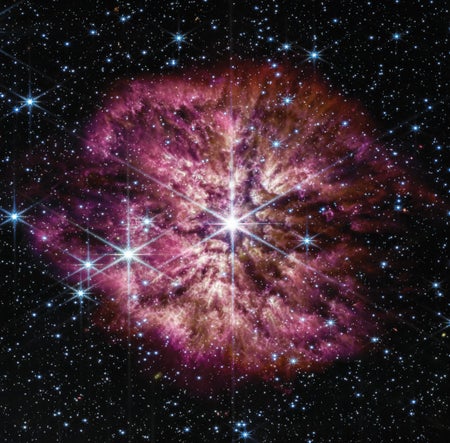
Rare, Dust-Shrouded Dying Star Revealed in New JWST Image
Before exploding as supernovae, massive Wolf-Rayet stars spew gas and dust into space, seeding the formation of future stellar and planetary systems
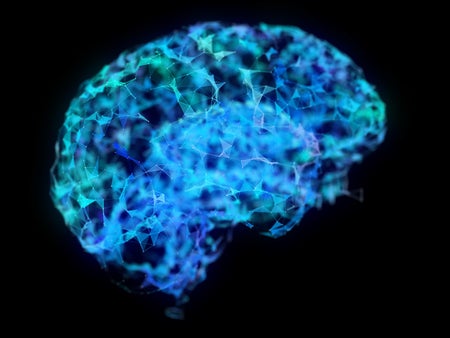
AI Can Re-create What You See from a Brain Scan
Image-generating AI is getting better at re-creating what people are looking at from their fMRI data. But this isn’t mind reading—yet

New Home Test Can Tell If You Have the Flu or COVID
Flu and COVID symptoms are easily confused. A new home test—the first for flu—tells them apart in minutes

New Color-Changing Coating Could Both Heat and Cool Buildings
A thin film can switch from releasing heat to trapping it, and wrapping the coating around buildings could make them more energy-efficient
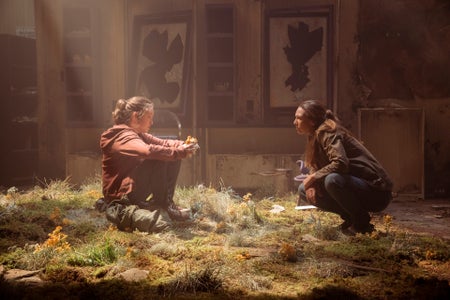
Could the Zombie Fungus in TV’s The Last of Us Really Infect People?
The pandemic fungus in the television program The Last of Us is real. But an expert says other fungi are much more threatening to humans